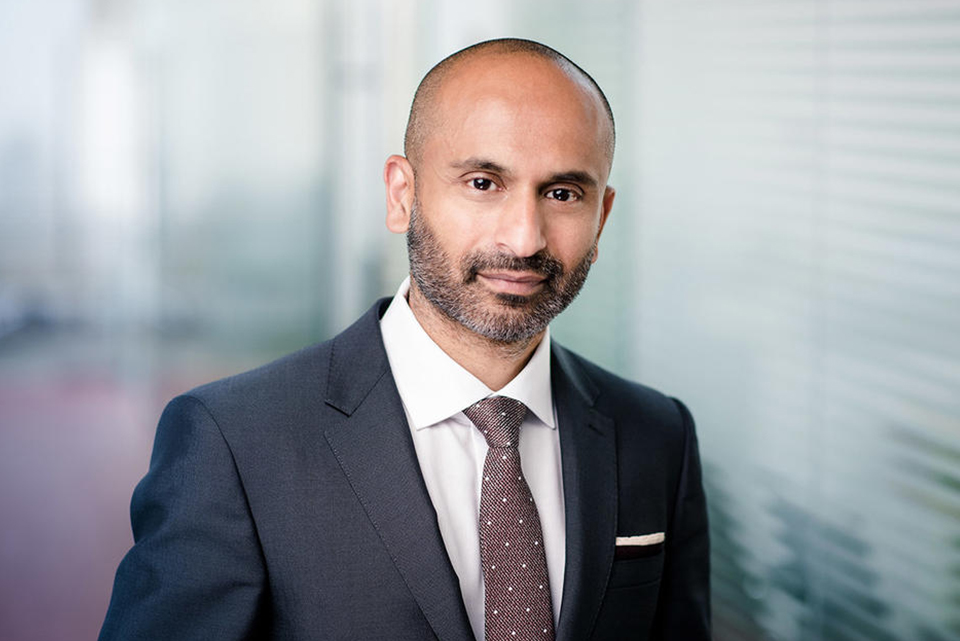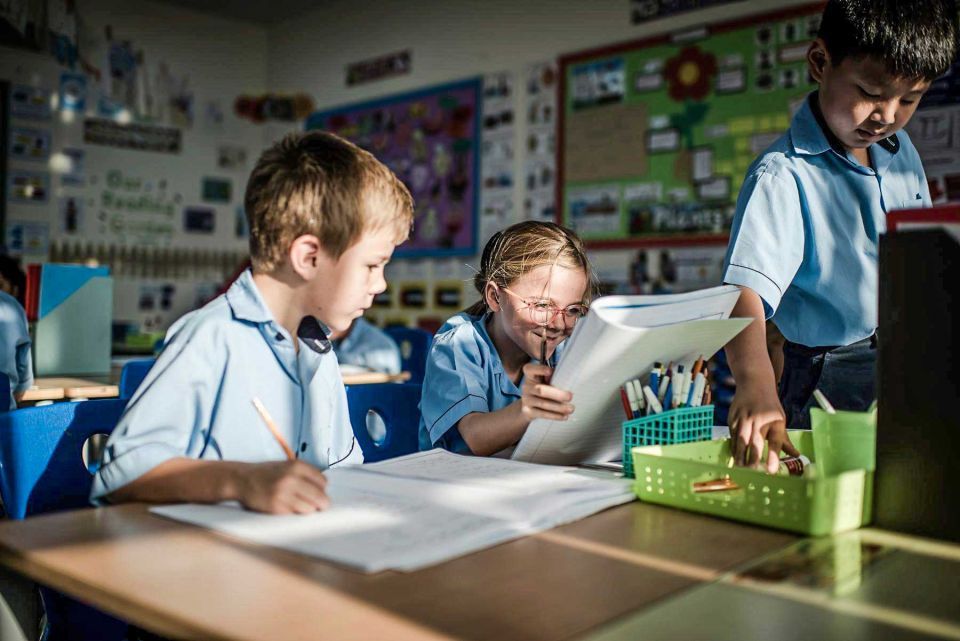Investing for the future
How the education market is shifting in favour of players such as Al Najah Education
The schools market in the UAE is both growing and changing. Today, the UAE education market is a global leader with 580 schools serving the needs of nearly 585,000 students. New supply continues to come to the market, with consultants ISC reporting that 17 new schools will open across Dubai and Abu Dhabi for the next academic year. It is estimated that 400,000 additional students will enrol in Dubai schools by 2020, and a further 238,000 in Abu Dhabi by 2021.
Of course, with each new school that opens, competition within the market is taken a step further. In other words, even with increasing demand, the market is also becomingmore competitive.
So in an increasingly competitive, high growth market, who will be the winners and losers? The answer, like in so many cases, depends on the value for money that consumers feel they are getting. There has been a shift in preference over the past few years, from super-premium to more affordable options.
This has happened as schools at more realistic fee levels have brought international standards into the reach of a wider consumer base. Consumers have also become more price sensitive, and sentiment is shifting away from the idea that high fees are the only indicator of high quality and impactful, enjoyable learning experiences. Parents are coming to realise that, in a dynamic, quality-conscious market, they can get more for less.
The trend is just as true across the GCC as it is in Dubai. Reports recently commissioned by Al Najah Education from global strategy consultancy, Frost and Sullivan, show a double digit compound annual growth rate (CAGR) in revenues and unmet demand for mid-market international schools in key markets like UAE, Oman and Kuwait - with growth projected long into the future as the GCC economies continue to diversifyand mature.
This is why, at a time that new super-premium schools are showing disappointing opening numbers and being forced into unsustainable discounting policies, a mid-market operator like Al Najah Education is experiencing a record year for new enrolments across the GCC – in Dubai, Muscat, and soon in other high growth GCC economies – driven by a combination of premium quality and competitive pricing that offers parents and families market-beating value for money. In a situation of high growth and increasing competition, the real opportunity lies with mid-market providers. – such as Al Najah Education, which has, for many years, delivered an exceptional quality of teaching and learning in line with international standards, at a realistic rate.
In fact, Al Najah Education is a pioneer of the “premium quality, competitively priced” schools concept. In Dubai, Al Najah Education’s increasingly popular Horizon International School has led the trend of affordable quality, recently appointing an outstanding new Headteacher, while upgrades to facilities at Horizon English School have been implemented to cater to the growing demand. The growth is not limited to the UAE, as Al Najah Education’s Muscat school, A’Soud Global School, is growing at a similarly rapid pace. A similar trend is expected in Saudi Arabia, which is why Al Najah Education is expanding into new markets in the coming months.
In the meantime, a strong and stable regulatory environment – in the UAE, through highly experienced, globally-recognised regulators such as the KHDA in Dubai and ADEK in Abu Dhabi; in Oman, through a forward-thinking, dynamic Ministry of Education – means standards will continue to rise across the market even as consumers shift towards better-priced schools. The growth of the “premium quality, competitively priced” concept can only accelerate across the GCC, given the combination of demand growth, regulated supply and strong underlying economics.
With even more options and undoubtedly high standards prevailing, the future for mid-market education providers like Al Najah Education will prove to be a bright one.






